Journal
July 1997 Issue
American Sovereignty
My name is David Howard, I am a resident of the Town of Bleecker, New York, a town completely within the boundary of the Adirondack State Park. This park is home, in part, to one of the largest U.N Biosphere Reserve designations to date, the Champlain-Adirondack Biosphere Reserve. I am here as a member of the Adirondack Blue Line Confederation of Bleecker, NY a small grassroots property rights organization and as a director of Liberty Matters, a national grassroots educational and communication organization.
My involvement in these matters has included the following:
· Adirondack Blueline Confederation co-founder (1990)
· Alliance for America co-founder and president (1991-1992)
· Alliance for America VP Property Rights 1992-95
· Land Rights Foundation President 1993-present
· Land Rights Letter Editor 1993- present
· Liberty Matters co-founder & Director 1995-present
· a landowner within the Adirondack Park
Having been immersed in the issue of property rights protection for the last seven years, it has become increasingly evident to me that the original constitutional guarantees pertaining to the ownership and enjoyment of property are no longer sufficient. We have noted the destruction of local control, first through county regional arrangements (such as the Adirondack Park Agency) which have progressed to a proposed interstate regional authority (the Northern Forest Lands Project) and now to the ultimate in unelected and unresponsive (to the landowners involved) planning bureaucracies… the United Nations. The primary goal of these programs seems to be the replacement of any kind of elected authority with appointed boards. They include, but are not limited to, Biosphere Reserves, World Heritage Areas, Heritage Rivers and the like.
The most revealing part of these programs is the process through which they are created and implemented. At each stage of the de-localization of authority the method of operation is one of stealth. Notice of public meetings (when there are any) are advertised primarily within the environmental organizations whose assignment it has been to implement these programs (with generous funding from a number of activist foundations), and coupled with some small innocuous note in the newspaper with phone calls to only "sympathetic" local officials. We have found that quite often the designations are made by unelected bureaucrats within state and county governments. This pattern, I believe, has become quite clear in prior testimony. One of the common threads binding all of these programs seems to be the inclusion of everyone in the process except the people most impacted…the individual landowners. It should be noted here that the individual’s right to own and hold property for his or her personal benefit is the cornerstone of any free society and has provided the foundation upon which this great nation has become the envy of the world.
As these undercover international designation projects proceed, they are discovered, from time to time by concerned landowners, and exposed. The operations then shift to the denial phase. The most generally used press barrage will include statements touting "what an honor it is to have our region internationally recognized for its uniqueness," coupled with statements that indicate that "the designation doesn’t signify anything" and that there are no "enforcement mechanisms" provided.
The questions that must be asked and answered are:
1. If the designation means nothing but a "feel good" recognition, why are these operations not completely open to the community for discussion and referendum?
2. Why is there so much grant money allocated to push these designations?
3. Why are these designations not presented to the full elected body of the local legislative jurisdiction for debate and consideration?
4. Why are these commissions and management plan architects not elected by the people of the affected area?
5. Why is an international body even considered when it comes to the management decisions of lands within the borders of the United States?
As you ponder these questions it may be instructive to understand how the United Nations and its myriad of agencies regard the concept of private property. The following is excerpted from the United Nations Conference on Human Settlements (Habitat 1), held in Vancouver, May 31-June 11, 1976, Agenda Item 10 of the Conference Report.
"Land … cannot be treated as an ordinary asset, controlled by individuals and subject to the pressures and inefficiencies of the market. Private land ownership is also a principal instrument of accumulation and concentration of wealth and therefore contributes to social injustice; if unchecked, it may become a major obstacle in the planning and implementation of development schemes. The provision of decent dwellings and healthy conditions for the people can only be achieved if land is used in the interest of society as a whole. Public control of land use is therefore indispensable…."
Add to the mix the statement of the former president of the Audubon Society, Peter Berle, (the organization is an active supporter of Biosphere Reserves and World Heritage sites through the Adirondack Council) when he stated that "we reject the concept of private property."
And if this were not bad enough, the executive branch seems to believe that we (Americans) can’t handle our own affairs and must surrender our independence in this and all other matters. This paradigm shift seemed to be outlined by the president’s response to a reporter in a March 7, 1997 press conference when he seemed to question whether we should even be a sovereign country, stating, "…how can we be an independent sovereign nation leading the world in a world that is increasingly interdependent…"
Given that this country is by definition still a constitutional republic and that government is instituted to protect the rights and property of its citizens, these proposals, plans and programs of international intervention in the internal affairs of this country are not only reprehensible they are by classical definition treasonous.
David Howard is co-founder and director of Liberty Matters. He is also president of the Land Rights Foundation in Gloversville, New York.
Posts and Comments from Readers
Please include yourself in the discussion. Post a comment.
Friday, September 7, 2007
DAVID HOWARD ARTICLE ON IMPACT OF WORLD HERITAGE SITE ON AN AMERICAN COMMUNITY
Labels:
sovereignty,
World Heritage Sites
Subscribe to:
Post Comments (Atom)




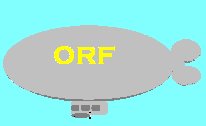


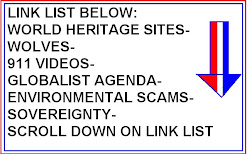


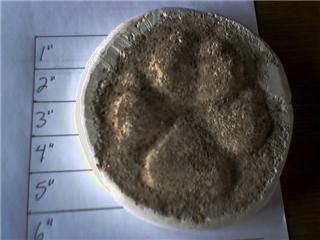


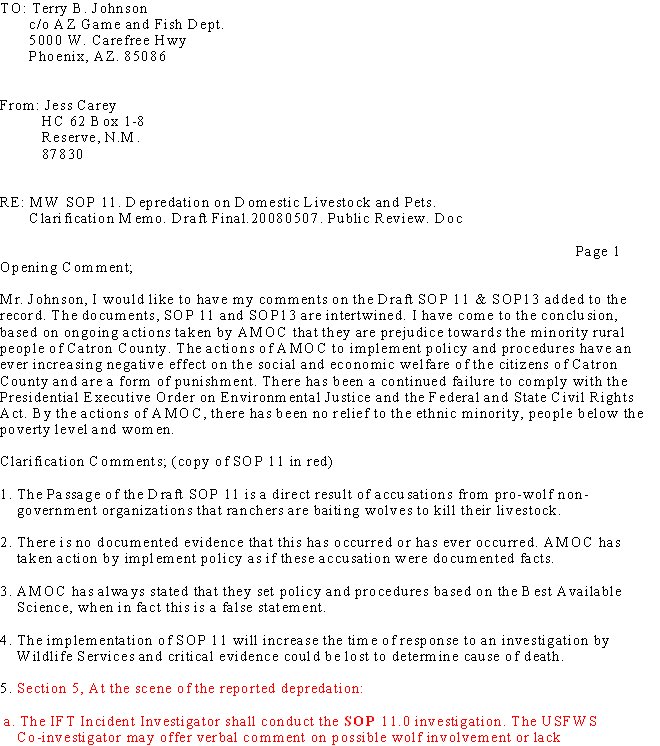
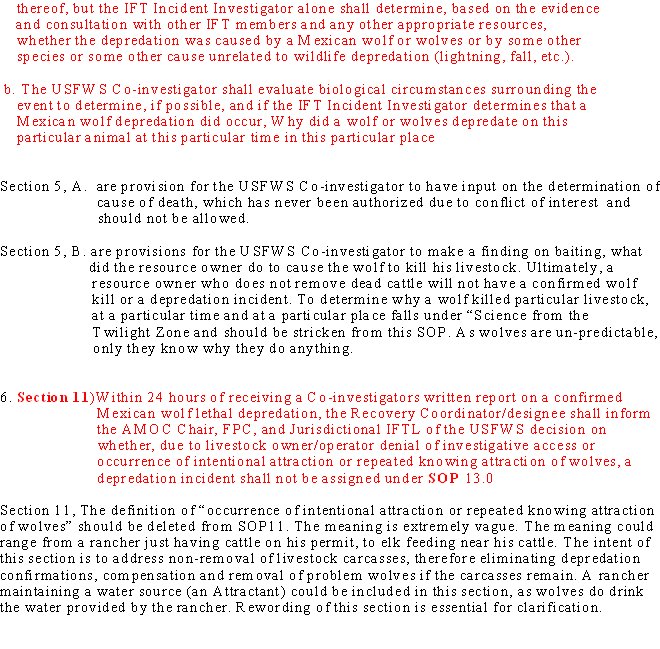
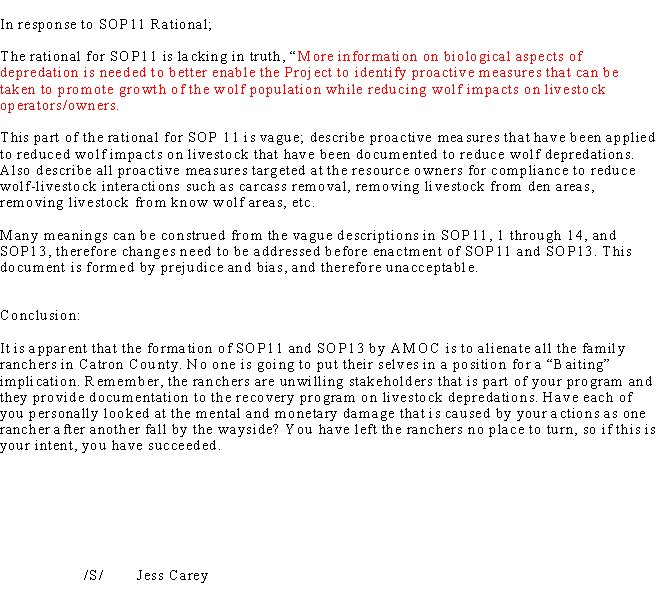

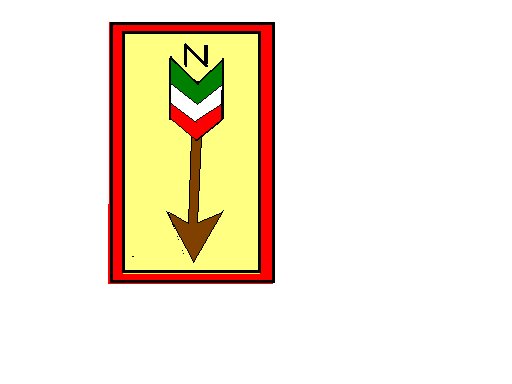


.jpg)


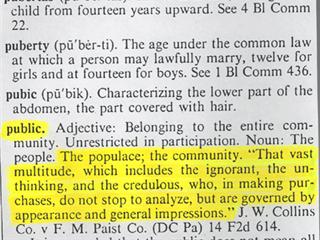









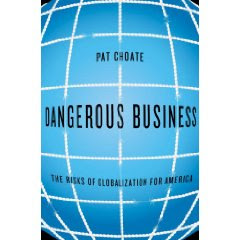
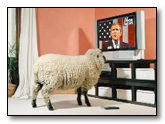

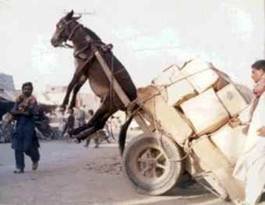

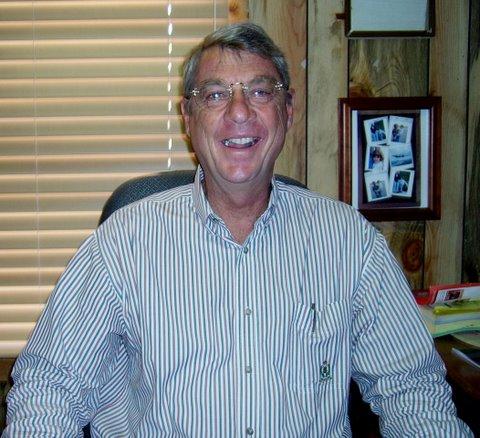
No comments:
Post a Comment